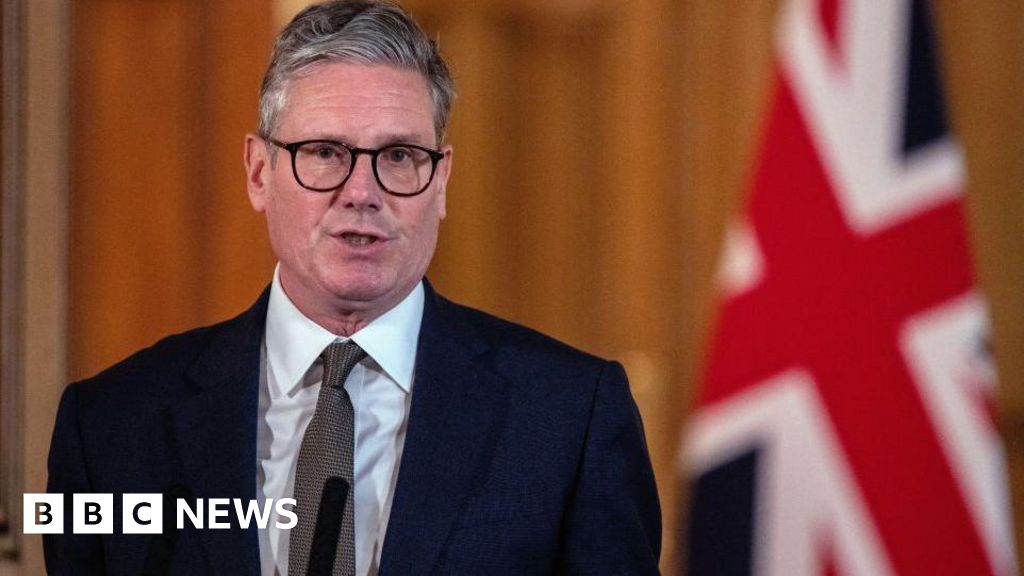
In a historic moment for British politics, Labour Party leader Keir Starmer was sworn in as the new prime minister on July 6, 2024. Starmer's first day in office began with a cabinet meeting at Downing Street where he emphasized the importance of delivering on the party's promises and maintaining high standards of probity. One of Labour's key pledges is to increase NHS appointments by 40,000 per week.
Starmer has appointed Rachel Reeves as Chancellor of the Exchequer, who is expected to pursue economic policies inspired by Janet Yellen's modern supply-side economics. Reeves aims to create jobs and raise productivity while reducing inequality. She has also drawn up an industrial strategy, plans for a national wealth fund, and a publicly owned energy company.
Another significant appointment is James Timpson as Prisons Minister. Timpson, who believes only a third of prisoners should be incarcerated, will focus on reducing reoffending rates and addressing prison overcrowding. He has previously advocated for youth hubs to prevent young people from turning to crime.
Starmer's cabinet includes several other key figures such as Angela Rayner as Deputy Prime Minister and Levelling Up Secretary, David Lammy as Foreign Secretary, Yvette Cooper as Home Secretary, John Healey as Defense Secretary, Shabana Mahmood as Justice Secretary, Wes Streeting as Health Secretary, and Bridget Phillipson as Education Secretary.
The new Labour government is expected to make several announcements in the coming days regarding its plans for economic growth and public service reform. Starmer has also hinted at radical change in prison overcrowding and criminal justice system reforms.


